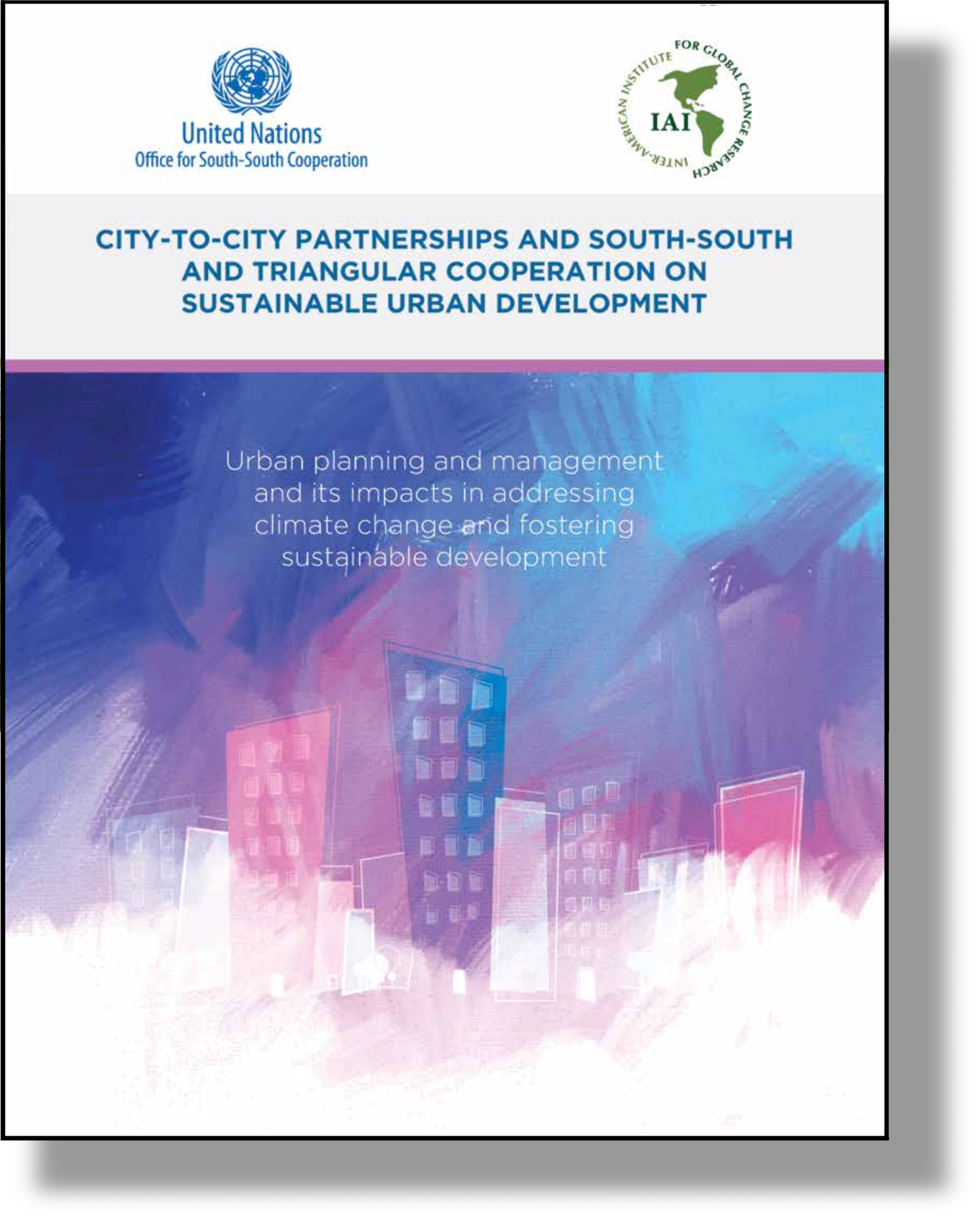UNOSSC in partnership with the Inter-American Institute for Global Change Research (IAI) recently launched a joint report “City-to-City Partnerships and South-South and Triangular Cooperation on Sustainable Urban Development” that focuses on how cities of the Global South are using innovative, collaborative and evidence-based processes to tackle challenges posed by climate change.
With the international community embracing the 2030 Agenda for Sustainable Development and the adoption of the Paris Agreement, 2015 was a landmark year for charting a new era of sustainable development, with deepening recognition of the scale and global nature of the issues of sustainable development and climate change. Since then, the UN System and the international community have been working tirelessly on making it possible for us to tackle the multifaceted challenges of sustainability and achieving the Sustainable Development Goals (SDGs).
As the world urbanizes at an unprecedented pace, cities are at the frontier of transformation and could deliver sustained and inclusive growth and developmental outcomes for their inhabitants. This report focuses on the central theme of how cities are using innovative, collaborative and evidence-based processes to tackle the challenges of climate change and achieve sustainable development. In particular, it examines three broad issues pertinent to sustainable development for cities, namely:
- How does the evolving context and challenges of climate change impact cities?
- What good practices and experiences emerge from management of the urban space through diverse and inclusive strategies? and
- How can South-South and Triangular Cooperation help to facilitate wider developmental outcomes, particularly those related to planning and management of the urban space in addressing climate change and delivering on the SDGs?
By offering concrete examples of city-to-city partnerships and South-South and Triangular Cooperation initiatives on urban planning and management, the report seeks to inspire further action.

